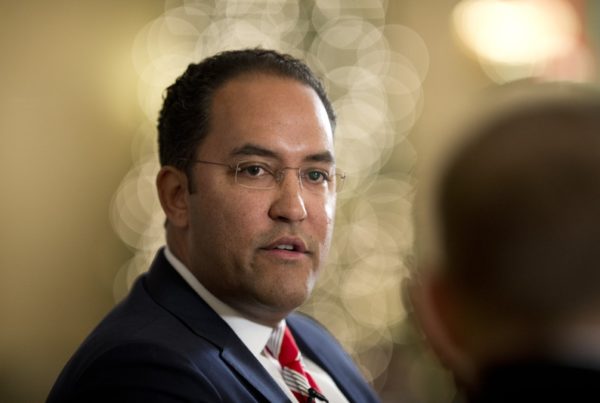If you ask most Texas lawmakers if they’d ever support legalized recreational marijuana, they’d likely say no. Ben Philpott, senior editor at KUT in Austin, has followed them for years and says it’s just not an issue on any lawmaker’s radar.
“Big reason that you’re going to get ‘no’ from people is because the legislative session is 140 days every other year,” Philpott says. “They barely have time to get the bills that they really feel should be passed done. Let alone a bill that the governor of Texas has said that he will absolutely never sign as long as he’s the governor of Texas.”
But what if there were a way around lawmakers? Think, for example, of a similar situation in recent American history – where there was a rapid change in public sentiment, where a number of progressive states started passing laws in favor of this sentiment, while more conservative states simply refused to entertain the idea altogether: same-sex marriage. A decision that in a single day made a sweeping change to US law – and it came not from lawmakers – but the Supreme Court.
Frank Snyder is a professor at the Texas A&M School of Law.
“Well I think it’s natural to think about the two things in the same way,” Snyder says. “I mean we’ve had a long-standing public policy against gay marriage. And if you look at the parallel with marijuana it seems on the surface to be similar. We have a major sea change in public opinion; we have a number of states taking action. And so it would be legitimate for people to look at that and say, ‘whoa there are some really interesting parallels to it.’”
But there is one major difference, and that’s the fact that at the end of the day the Supreme Court’s same-sex marriage decision was about human rights. While marijuana – is about controlling a commodity. And the U.S. has [a] history of saying, “yes – we can and will control what our population ingests.” Remember Prohibition?
In the case of marijuana, the federal government has turned a blind eye to the increasing number of states allowing its use. And this creates problems. For instance – what happens when one state says legalized marijuana from a neighboring state has bled over into its jurisdiction? That’s happening in Oklahoma and Nebraska, and they’ve filed a suit with Colorado. And what happens if an Oregon man who was partaking of marijuana legally fails a drug test in Texas, and is denied a job?
“Well that’s a terrific question actually and it’s coming up a lot in all sorts of fields,” Snyder says. “So those issues are popping up all over and it’s a huge rats nest that people are just trying to work their way through now.”
And it is in those situations where the courts will begin to step in. But Snyder says the real barometer is not the US Supreme Court, but the lower courts – particularly criminal courts. Snyder predicts they’ll begin aligning criminal sentences more with public views.
“We will see fewer judges thinking that marijuana possession itself is really bad,” he says. “Once you get a few judges with medical marijuana cards in their hands you see will see some sea changes in the way they make their decisions.”
Meanwhile, for any Texan waiting for a law directly supporting recreational marijuana – it looks like a pipe dream. It seems that for the near future, Texas will continue to be stuck between pot and a hard place.















